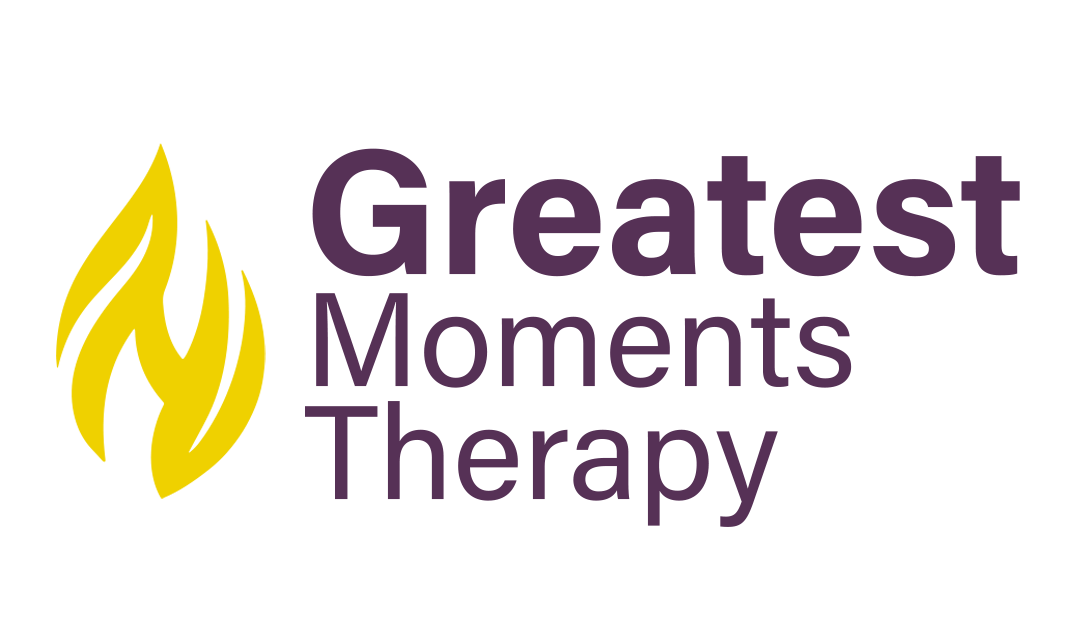Therapy for
ASD Autism Spectrum
in Ridgewood, NJ

How do we treat
ASD Autism Spectrum?
Autism Spectrum Disorder (ASD) encompasses a wide range of characteristics and behaviors, often leading to a diverse presentation in individuals. Subtle autism refers to milder or less recognizable forms of autism that may not conform to the more stereotypical traits associated with the condition. Here, we explore what subtle autism entails, its signs, and the importance of understanding its nuances.
What is Subtle Autism?
Subtle autism is often characterized by less apparent symptoms that may be overlooked or misattributed to personality traits. Individuals with subtle autism can experience social communication challenges, but they might possess effective coping mechanisms that allow them to navigate social situations with greater ease. This variation can lead to late diagnoses or misunderstandings about their needs and experiences.
Common Traits of Subtle Autism
1. Social Communication Differences: Individuals may struggle to interpret social cues, such as body language or tone of voice, but they may employ learned strategies to mask these difficulties.
2. Intense Interests: Like many individuals on the spectrum, those with subtle autism may have focused interests that they immerse themselves in, which can sometimes dominate conversations or thoughts.
3. Sensory Sensitivities: Subtle autism can also include sensitivities to sensory input, such as noise, light, or textures, even if these aren’t always immediately visible to others.
4. Anxiety and Social Pressure: Many individuals may experience anxiety in social situations but mask their discomfort through learned behaviors, which can lead to exhaustion and burnout.
5. Unique Thought Processes: People with subtle autism might approach problems or tasks uniquely, leading to innovative solutions that others may not consider.
The Importance of Recognition and Support
Recognizing subtle autism is crucial for providing appropriate support and understanding. Those with milder forms of autism can experience significant challenges that, if unacknowledged, can lead to feelings of isolation, anxiety, or depression. Facilitating a supportive environment includes:
• Awareness and Education: Increasing awareness about the diversity of autism can help friends, family, and educators better understand and support individuals with subtle autism.
• Encouraging Open Communication: Creating safe spaces where individuals feel comfortable discussing their challenges and needs can help foster understanding and empathy.
• Tailored Support Strategies: Implementing strategies that align with the individual’s strengths and challenges, focusing on social skills development and emotional well-being.
Conclusion
Subtle autism is a complex and often misunderstood aspect of the autism spectrum. By recognizing and understanding its traits, we can foster a more inclusive environment that recognizes the unique experiences of all individuals on the spectrum. This will ensure that everyone receives the support they need to thrive. Whether through advocacy, education or simply being more observant, we can help create a world that embraces neurodiversity in all its forms.














